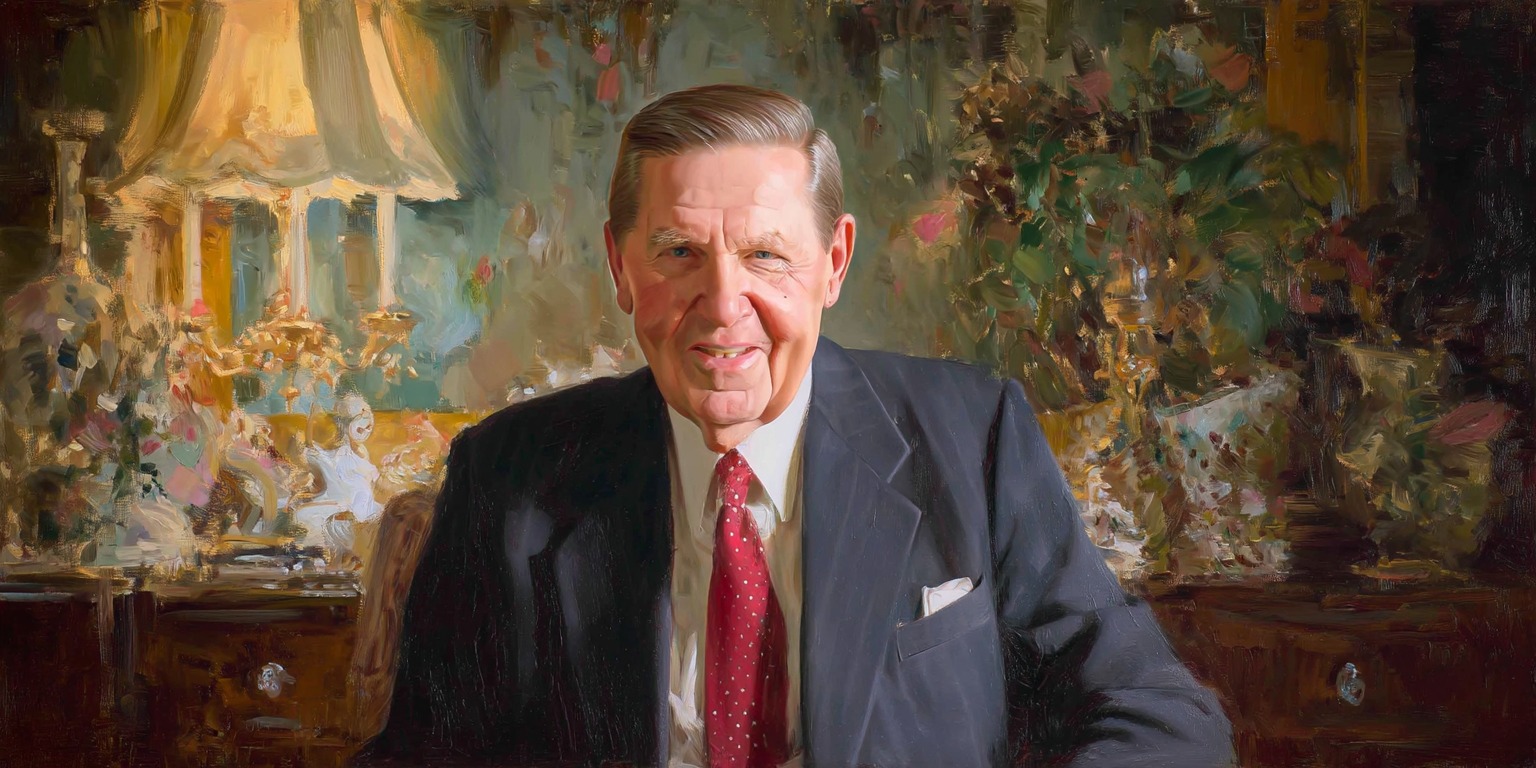Identity (Christopher Cunningham)
The theme that resonated with me from this General Conference revolves around our identity. President Bonnie Cordon told a story of sitting with the prophet. He leaned forward and asked her what the most important thing the youth need to know. She responded: “They need to know who they are.” “Yes!” the prophet responded.
Who are you? President Cordon stated simply, “You are a beloved child of heavenly parents.”
Two other speakers also explored our true identity. Elder Dale G. Renlund explained, “we are united by our common primary identity as children of God.” And Elder Jeffrey R. Holland told a story of a Zion period in the Book of Mormon, where “The people had taken on just one new transcendent identity. They were all, it says, to be known as ‘the children of Christ.’”
Repeatedly, we were reminded that our core identity was as children of God, children of Christ, children of heavenly parents. This was not merely one of many identities, but our “primary” and “transcendent” identity.
Why is this child-to-parent identity so important? President Cordon taught that understanding this identity helps us feel loved by God. Elder Holland taught that embracing this identity can generate happiness and peace. And Elder Renlund taught that because this identity is shared by all, it can produce unity. Understanding ourselves as children helps us feel safe in our relationship with God, teaches us to act with curiosity, love, and humility, and finally reminds us of our aspiration to become like our parents. “Devastating conflicts in the world and in individual lives would be quickly resolved if all chose to follow Jesus Christ and heed His teachings.” Russell M. Nelson
Unity through Conversion (Benjamin Pacini)
Elder Holland began the conference by talking in quiet, meek tones about the importance of giving our whole selves to God. Invoking a favorite hymn, he closed his talk by citing the famous words “here’s my heart, oh take and seal it. Seal it for thy courts above.” His words were powerful and beautiful and reminded me of Elder Maxwell’s emphasis on full consecration.
He also wove together a story of unity, Zion, and identity. Perhaps more than any other theme I repeatedly heard the call for us to become a people that is happy—even “happier than any who had lived upon the face of the earth” as with 4th Nephi’s vision of a society at peace; this wasn’t a talk on consecration and unity, but rather a talk on how to achieve unity through consecration. He spoke of a higher, holier way than joining the “digital tribes” that characterize our interactions, and spoke of a future day in which there will be “no manner of -ites” among us.
Six months ago, Elder Cook said “When people love God with all their hearts and righteously strive to become like Him, there is less strife and contention in society.” He added to this by speaking about both unity and the path to it: follow the prophets, give our whole soul to God, and seek Zion. Elder Renlund called on us to avoid contention, and President Nelson himself asked us to be very careful about how we use our time. Elder Gong’s poignant talk on compassion and Elder Christofferson’s talk on the joint love and justice of God were perfect buttresses to the core message: God is waiting for us with open arms—and as Brother Wilcox said, He loves us just as we are, but loves us too much to let us stay as we are.
I heard a number speak, too, of the choice of joy in hard circumstances. We cannot determine our circumstances, but we can determine to live with joy in the face of trials. We are to light the world—not in self-righteousness, but in discipleship.
What I heard is that we are called to unify—but to unify in discipleship, in humility, in righteousness, in kindness, and in joy.
The Inner Work of Unifying Hearts (Jacob Hess)
Little else matters if our social fabric dissolves into chaos and deeper conflict. So, I was attuned to repeated invitations away from that abyss—right from the kickoff, in a witness from President Nelson that “Devastating conflicts in the world and in individual lives would be quickly resolved if all chose to follow Jesus Christ and heed His teachings”—punctuated by his comment that “Never in the history of the world has the knowledge of the Savior been more personally vital and relevant to every human soul.”
Subsequent speakers repeatedly testified of the unity possible when a people’s hearts are woven together with a “love of God” and common commitment to Christ. Elders Soares and Gong spoke in great depth about the inner work of compassion and patience that this unity encourages from those seeking it. Referring to the ongoing contention around COVID-19 (including in the Church), Elder Dale Renlund warned that such animosity weakens our collective witness as Christians and hurts us individually—“robb[ing us] of peace, joy and rest” and compromising “our ability to feel the Spirit.”
All this conflict suggests “we have work to do, to change our hearts and to become unified as the Savior’s true disciples.” Elder Renlund cautioned, “We might be inclined to say, ‘of course we can have unity if only you can agree with me’”—before noting that a better path involves looking inward at what we can do to foster unity, build faith, and foster compassion. In an atmosphere filled with the love of God, the “kaleidoscope” of disagreements in our midst are approached with “meekness, patience, and kindness.” Rather than judging harshly those who don’t share our perspectives, “we assume that those with whom we disagree are doing the best they can with the life experiences they have.”
I’ve often felt that even when Jesus comes to earth again, his followers will still have differences to resolve. Referring to an earlier period of unity when Jesus visited the Nephites, Elder Renlund reiterated, “Do you think the people were unified because they were the same, or because they had no differences of opinion? I doubt it.”
Oh yes, and for those discouraged about efforts to change that are not working out, Elders Brad Wilcox and Michael Dunn also delivered the best articulation of a gentle, iterative, and realistic path to changing habits I’ve ever heard—from pornography addiction to anything else.
Surrendering our Stories (Dan Ellsworth)
In recent years I have made a mistake in my viewing of general conference: as members of the General Primary Presidency [supervising the efforts to support young children in the Church] have approached the stand, I’ve had an unconscious association take place where memories of the cuteness and sweetness of primary have somehow led me to expect cuteness and sweetness in the talks of members of the General Primary Presidency. Yet as an actual talk by one of these leaders unfolds, we often get some of the most hard-hitting, pointed, spiritually challenging gospel teaching in all of conference. Even when Jesus comes to earth again, his followers will still have differences.
To explain why I recall a personal experience. A couple of years after returning home from my mission, I worked a summer job at a small company in California. One day I was talking with a coworker, a woman who was recently married and graduated from college. As we discussed our backgrounds, I mentioned that I had recently served a mission for my church. After verifying that I was a Latter-day Saint, she then said that she did not like my faith, and particularly hated our missionary program. I listened, stunned. I was still basking in the glow of my mission experience and how it had changed me forever, and her perspective stung a little.
This woman explained that her family was close to another family in the area, and their son had taken the missionary discussions and decided to join the Church against his family’s wishes. While his family was still processing this drastic change, he announced to them that he intended to serve a mission, and that would involve leaving them for two years. The final dagger in his news was that he would only be able to call home twice a year.
This family was crushed, and they were only able to see their son’s decisions as personal slights, as signs of contempt for them. They lacked any kind of spiritual toolset that might allow them to see deeper into his thought processes. Their experience of religion was typical of many in our time whose only experiences of religion are consumerist (The customer is always right!) and/or therapeutic religion, where God is envisioned in terms of personal fulfillment and validation.
Memories of that difficult experience with a co-worker have stayed with me for decades and were the impetus behind my article, “Trauma in the Family of Abraham.”
Sister Johnson’s talk spoke to this deeper, more ancient, and purer faith where the objective is not personal validation but rather to authentically know God. And the price for that knowledge is sacrifice, surrender, and developing a new relationship with our own thoughts, feelings, and desires. One of the most soul-wrenching things to put on the altar is our own stories: our stories of how God should work, how the world should work, what our lives should look like; our stories of grievances and resentments, and the things we think we are owed by God and other people.
As Sister Johnson taught, to relinquish these stories so that Christ can tell us His story is an act of trust and surrender. It can be terrifying because we know that Christ’s story for any person or people will always include transformation based in covenant-keeping, struggle, and soul-refining adversity. It never fits, in the words of Sister Johnson, “our comfortable narrative.”
Until next conference and beyond, I’m going to reflect deeply on Sister Johnson’s piercing question, with all of its challenging implications: Will you let God be the author and finisher of your story?

















